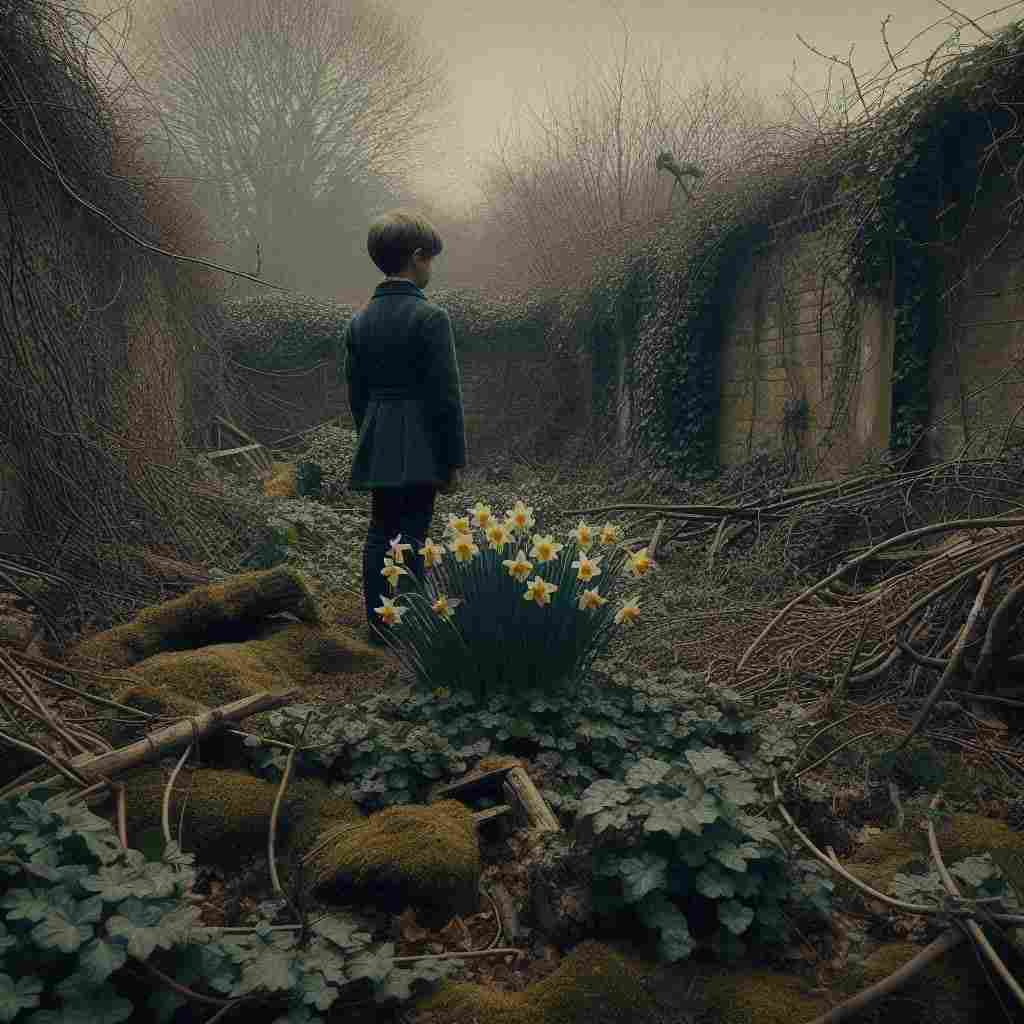2 Poems by Laurence Binyon
1869 - 1943
Laurence Binyon Biography
Laurence Binyon, born on August 10, 1869, in Lancaster, England, was a distinguished poet, art historian, and scholar whose life and work spanned the late Victorian era through the tumultuous years of World War I and beyond. The son of a clergyman, Binyon was raised in a cultivated household that valued literature and the arts, setting the stage for his future pursuits.
Educated at St Paul's School in London, Binyon exhibited early promise in classical studies and poetry. His academic prowess earned him a scholarship to Trinity College, Oxford, where he immersed himself in literature and art history. It was during his time at Oxford that Binyon began to seriously cultivate his poetic voice, publishing his first collection, "Lyric Poems," in 1894, shortly after his graduation.
Binyon's professional life was intimately tied to the British Museum, where he began working in the Department of Printed Books in 1893. His career at the museum would span over four decades, during which time he became one of Britain's foremost experts on Oriental art, particularly Japanese and Chinese painting. This expertise is reflected in many of his scholarly works, including "Painting in the Far East" (1908) and "The Flight of the Dragon" (1911), which were instrumental in introducing Eastern aesthetics to Western audiences.
While Binyon's scholarly pursuits were significant, it is his poetry that has secured his place in literary history. His early work was influenced by the Romantic tradition, with nature and classical themes featuring prominently. However, as he matured as a poet, Binyon developed a style that blended traditional forms with modern sensibilities. His verse is noted for its musicality, clarity of imagery, and profound engagement with both personal and universal themes.
The outbreak of World War I in 1914 marked a turning point in Binyon's life and work. Though he was 45 years old at the time, well past the age of enlistment, Binyon volunteered for hospital service in France. His experiences tending to wounded soldiers had a profound impact on his poetry. It was during this period that he penned "For the Fallen," arguably his most famous work. Written in September 1914, the poem's fourth stanza has become immortalized as the "Ode of Remembrance," recited at memorial services around the world:
"They shall grow not old, as we that are left grow old: Age shall not weary them, nor the years condemn. At the going down of the sun and in the morning We will remember them."
The poem's enduring power lies in its ability to capture the grief and honor of wartime sacrifice without resorting to jingoism or sentimentality. It exemplifies Binyon's talent for distilling complex emotions into clear, resonant verse.
In the interwar years, Binyon continued to produce both scholarly works and poetry. His long narrative poem "The Sirens" (1924) showcased his ability to reimagine classical myths for a modern audience. He also wrote several verse dramas, including "Arthur" (1923) and "The Young King" (1935), which explored historical and legendary themes.
Binyon's contributions to literature and art history were recognized with numerous honors throughout his career. He was appointed Norton Professor of Poetry at Harvard University for the 1933-1934 academic year, a prestigious position that allowed him to share his insights with American audiences. In 1938, he received the honor of being named a Companion of Honour, one of Britain's highest civilian awards.
The latter part of Binyon's career saw him engaging deeply with the works of Dante. His translation of the "Divine Comedy," published in three parts between 1933 and 1943, is considered one of the finest English renderings of Dante's masterpiece. Binyon's version is notable for its attempt to preserve the terza rima rhyme scheme of the original Italian, a feat that required immense poetic skill and sensitivity to language.
Binyon's personal life was marked by a long and happy marriage to Cicely Margaret Powell, with whom he had three daughters. Their home in London was a gathering place for artists and intellectuals, reflecting Binyon's position at the intersection of the literary and visual arts worlds.
Laurence Binyon passed away on March 10, 1943, leaving behind a rich legacy that spans poetry, scholarship, and art criticism. His work bridges the gap between Victorian sensibilities and modernist innovations, offering a unique perspective on a period of profound cultural and historical change. While he is often remembered primarily for "For the Fallen," Binyon's broader body of work reveals a poet of remarkable range and depth, capable of addressing both the intimate details of personal experience and the sweeping themes of history and myth.
Today, Binyon's poetry continues to be studied and admired for its technical mastery and emotional resonance. His scholarly works remain valuable resources for students of Asian art, while his translations of Dante stand as a testament to his linguistic and poetic abilities. Laurence Binyon's life and work offer a fascinating window into the literary and cultural landscape of early 20th century Britain, embodying the intellectual curiosity and artistic sensitivity that characterized the best of his generation.
This text was generated by AI and is for reference only. Learn more
Username Information
No username is open
Unique usernames are free to use, but donations are always appreciated.
Quick Links
© 2024-2025 R.I.Chalmers (V2Melody).

All music on this site by R.I.Chalmers (V2Melody) is licensed under a Creative Commons Attribution-NonCommercial 4.0 International License.
Attribution Requirement:
When using this music, you must give appropriate credit by including the following statement (or equivalent) wherever the music is used or credited:
“Music by R.I.Chalmers (V2Melody) – https://v2melody.com”
Support My Work:
If you enjoy this music and would like to support future creations, donations are always welcome but never required.
Donate


